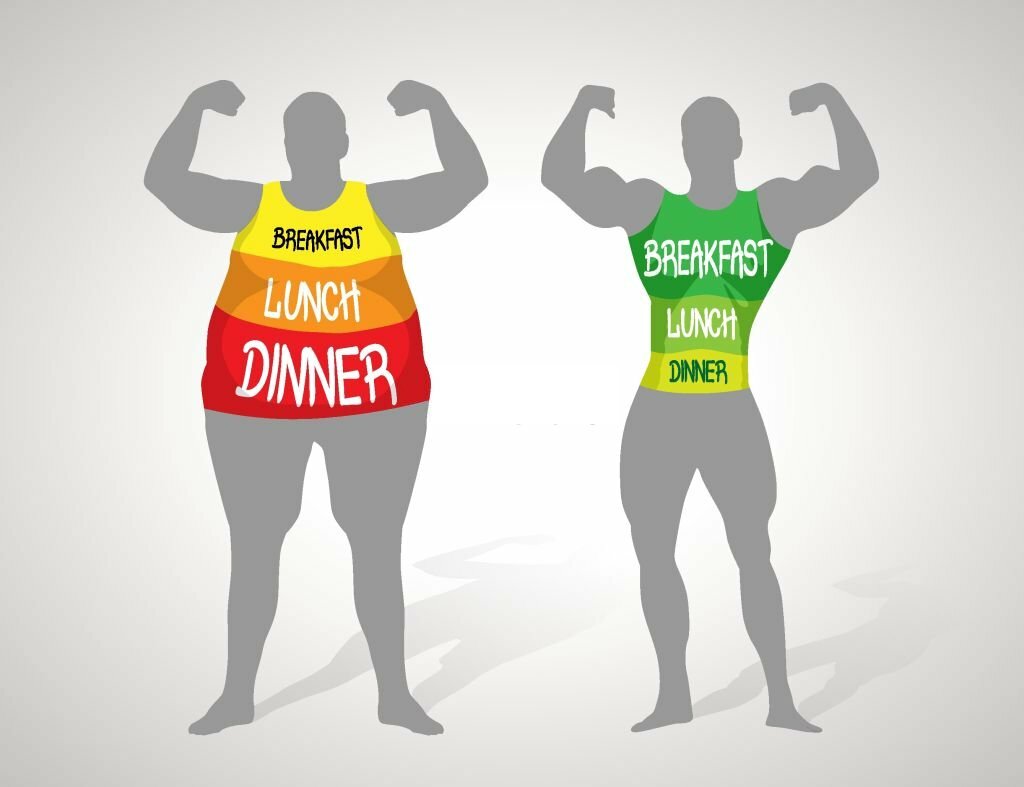5lbs of Muscle vs Fat: What’s The Difference
Table of Contents
Unlock the truth about 5lbs of muscle vs fat! Dive into the size deception, understand the dynamics, and redefine fitness success. Discover the nuances of a healthier, visually appealing body.
In the pursuit of a healthier and more aesthetically pleasing body, the eternal battle between muscle and fat is a central theme. Many individuals fixate on the number on the scale, believing that weight alone is the ultimate indicator of fitness. However, let’s delve into the intricacies of 5lbs of muscle vs fat and uncover the size deception that demands your attention.
5lbs of Muscle vs Fat
| Feature | Muscle | Fat |
| Weight | 5lbs | 5lbs |
| Volume | Takes up about 20% less space than fat | Takes up about 40% more space than muscle |
| Appearance | Firm, toned | Soft, jiggly |
| Density | More dense than fat (about 3 times denser) | Less dense than muscle |
| Metabolic Activity | Burns more calories at rest and during activity | Burns fewer calories at rest and during activity |
| Health Benefits | Improves strength, metabolism, bone health, and insulin sensitivity | Increases risk of heart disease, diabetes, and some cancers |
| Example | Lean beef, chicken breast, fish | Butter, vegetable oil, avocado |
Muscle Matters: The Density Dilemma
Muscle, being more dense than fat, occupies less space in the body. Picture this: a pound of muscle is significantly smaller than a pound of fat. Therefore, the number of pounds on the scale might not accurately reflect the changes happening within your body composition.
The Weight Misconception
When engaging in a fitness journey, it’s crucial to understand that gaining muscle mass is a positive transformation that contributes to your overall well-being. Unfortunately, the scale may not immediately showcase the positive impact, as muscle gain might initially be offset by fat loss.
Size Deception: Breaking Down the Numbers
Let’s dissect the 5lbs conundrum. Picture two individuals, one with 5 lbs of muscle gain and the other with 5 lbs of fat loss. The visual contrast is astounding. While the scale remains unchanged, the aesthetic and health improvements are vastly different.
Visual Impact of Muscle Gain
Gaining 5 lbs of muscle not only adds definition to your physique but also enhances your metabolic rate. This boost in metabolism contributes to more efficient calorie burning, ultimately aiding in fat loss over time.
The Illusion of Fat Loss
Conversely, losing 5 lbs of fat might not yield the expected visual transformation. Fat, being less dense, occupies more space, resulting in a less sculpted appearance even with substantial weight loss.
Related: 55.2 kg to lbs

Strategic Approach: Balancing Muscle Gain and Fat Loss
To navigate the intricacies of body transformation, adopt a holistic approach that emphasizes both muscle gain and fat loss. This ensures not only a healthier body but also a more visually appealing one.
Incorporating Resistance Training
Engage in resistance training to stimulate muscle growth. This, combined with proper nutrition, forms the cornerstone of a successful body transformation journey. Remember, the scale might not immediately reflect the positive changes happening within your body.
Optimizing Cardiovascular Activities
While resistance training builds muscle, cardiovascular exercises play a vital role in burning excess fat. A well-rounded fitness routine that includes both elements ensures a comprehensive approach to body composition.

Redefining Success: Beyond the Scale
As you embark on your fitness journey, redefine your metrics of success. Shift the focus from the scale to tangible markers of progress, such as enhanced endurance, increased strength, and improved overall well-being.
Monitoring Non-Scale Victories
Celebrate non-scale victories, such as achieving personal best in strength training, running longer distances, or noticing improved mood and energy levels. These victories often signify a more profound impact on your health than a mere number on the scale.

Final Thought
In the realm of 5lbs of muscle vs fat, it’s crucial to look beyond the scale. Understand the density differences, acknowledge the visual impact, and embrace a strategic approach that balances muscle gain and fat loss. By doing so, you’ll not only achieve a healthier body but also redefine your perception of success in the realm of fitness.
People also ask
Is 5 lbs of muscle noticeable?
Yes, gaining 5 lbs of muscle can be noticeable, as muscle is denser than fat. It may contribute to a more toned and defined physique.
Is 5 lbs of fat the same as 5 lbs of muscle?
No, 5 lbs of fat takes up more space than 5 lbs of muscle. Muscle is denser, so it appears smaller and contributes to a leaner body composition.
Is 1 kg of muscle the same as 1 kg of fat?
No, 1 kg of muscle and 1 kg of fat weigh the same, but muscle is denser, making it occupy less space and contribute to a more sculpted appearance.
How many kg is 5 lbs of fat?
5 lbs is approximately 2.27 kg, so 5 lbs of fat would be around 2.27 kg.



